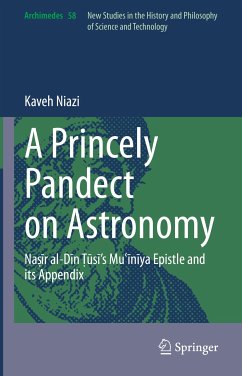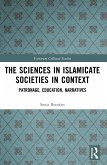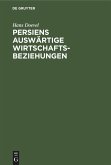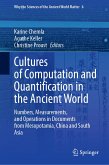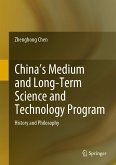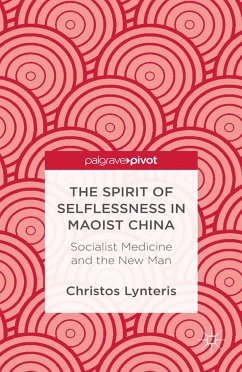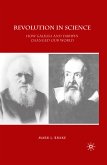This book helped ensure the patronage of T¿u¯si's courtly patrons during his decades-long stay with the Ismäilis, as well as the continuation of his remarkable career under the first Ilkhanid rulers of Persia. This translation helps make this notable treatise accessible to English language readers. It is among a handful of English translations of major astronomical works dealing with hay'a/cosmography in the Islamic world.
Subsequently T¿u¯si was to pen hisown commentary on the work (the ¿all-i Mushkilat-i Mu¿iniya, or A solution to the difficulties of the Mu¿iniya) and he used this occasion to discuss his celebrated mathematical formulation "the T¿u¯si Couple" (a concept that he merely hinted at in the Risala-yi Mu¿iniya).
Dieser Download kann aus rechtlichen Gründen nur mit Rechnungsadresse in A, B, BG, CY, CZ, D, DK, EW, E, FIN, F, GR, HR, H, IRL, I, LT, L, LR, M, NL, PL, P, R, S, SLO, SK ausgeliefert werden.

